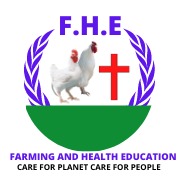
Programs
- PERMACULTURE/AGRICOLOGY
- REFUGEE LANGUAGE ONGOING.
- COUNSELLING LEVEL i, ii and iii
- WASH or HYGIENE and SANITATION
- HIV TESTING and COUNSELLING
- YOGA TRAINING AND LOGISTIC MANEGEMENT
- NUTRITION AND FOOD PROCESSESING
HIV TESTING AND COUNSELLING
Through HIV counselling and testing, more people can get to know their HIV status, and get accurate information on HIV transmission, have a better understanding of their own risk or vulnerability to HIV infection, and have access to information and services. You must receive face-to-face counselling before you have the test. This is know as pre-test counselling and it is aimed at ensuring that you make a well-informed decision about whether to have the HIV test or not, and encourages you to explore the possible impact that having the test may have on your life. Testing is the only way to know for sure if you have HIV. Knowing your status means you can keep yourself and your sexual partners healthy. Being diagnosed early gives you a better chance of living a long and healthy life.
COUNSELLING PROGRAM
Support relief efforts and resettlement agencies. We advocate for educational opportunities for refugees, many of whom had their education interrupted by war and traveling. We address negative rhetoric about cultural groups and immigration which contributes to discrimination, fear, and isolation.
Refugees Stimulate the Economy. The more people participating in a country’s economy the better. Economic activity alone is one of the many benefits of taking in refugees. There is an initial investment required when allowing refugees into a country. Housing, language classes, and healthcare. Counseling improves communication and interpersonal skills, greater self-acceptance and self-esteem, the ability to change self-defeating behaviors/habits, better expression and management of emotions, including anger. It also relief depression, anxiety or other mental health conditions, increases confidence and decision-making skills.
WASH EDUCATION (HYGIENE AND SANITATION)
Access to safe water and basic sanitation, coupled with good hygiene practices contributes significantly to improving public health outcomes. Access to safe drinking water and sanitation is a basic human need and a fundamental human right, yet almost 900 million people in the world do not have access to safe drinking water. Approximately 2.4 million deaths globally (4.2% of all deaths) could be prevented annually if individuals practiced appropriate hygiene and had good, reliable sanitation and drinking water. These deaths are mostly of children in developing countries from diarrhoea and subsequent malnutrition, and from other diseases attributable to malnutrition.
The UNHCR estimates that more than half of the refugee camps in the world are unable to provide the recommended daily water minimum of 20 liters of water per person per day. Though it is important to provide adequate quantities of water, the water quality and hygiene is also of the utmost importance. However, the quality of the water can easily be compromised by poor hygiene practices.
Improving hygiene and sanitation practices through education and promoting positive behaviour change among communities will lower the incidence of diseases carried by water and improve public health, especially for women and children. There are a few partners engaged in hygiene promotion activities within the camp, however no single project provides the coverage needed to reach all residents of the camp. This project therefore seeks to respond to the gap highlighted above by providing 9 WASH education workshops for residents of Kakuma and Kalobeyei.
Provision of Liquid Saop making such as multi-purpose saop, Shampoo, Detal and Sanitizer. Hand washing saop and many more… We also distribute Sanitary pant for female, Toilet Plastic platos and building of composting Toilets(Treebog).
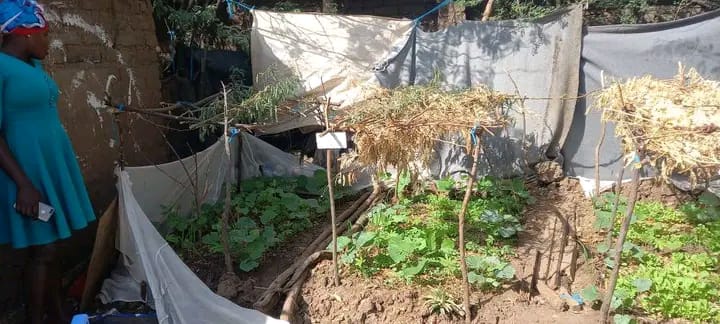
Permaculture Design program
Restoration of the environment: More than 206,458 refugee are living in Kakuma refugee camp (many have been living there for more than 10 years) they are made up from 15 nationalities and more than 20 languages and dialects are spoken within the camp.
A great number of these people (refugees) depend totally on the World Food Program (WFP) they are supported by a monthly distribution of food from three distribution centres within the camp. Due to the high number of people requiring assistance, which is limited, some do not receive their ration regularly.
This situation is worsened if their ration card is lost or stolen and if this occurs the people have no food allowance until the card is replaced the following month. The World Food Program has managed to give ration cards to each refugee, and each family can get some type of grain every month (3 kg to 4 kg) and 1litre of cooking oil.
Farming and Health is a community-based organisation which uses Permaculture Design Principles and Design Directives to increase the resilience of the refugee residents in the Kakuma Camp. These interventions include, running several practical and useful courses, one of these is a Practical Treebog Workshop to introduce
The Treebog to our fellow residents, the design of Syntropic Agroforestry Systems, as well as a Community Currency (Sarafu). We aim to help their situation by showing how the people can gain some level of autonomy by growing their own fresh food in Kakuma refugee camp, by taking responsibility for their own sanitation arrangements and by lowering their need for outside finance to survive well.
We have more than 5,000 malnourished children and pregnant mothers in Kakuma Refugee Camp. Due to this, Farming and Health Education is looking to educate the residents in self-help methods to fill this gap in supply.
Instead of waiting to be given food at the end of the month, we believe it is much better to plant a kitchen garden for the families while waiting for the monthly food distribution. We feel that instead of only giving food aid, and generating a population of ‘beneficiaries’ it is better to teach people how to become more self-reliant and to grow at least some of their food requirements
Reduce erosion: By planting many trees as possible we help stabilise the soil, to improve water quality and generate a useful biomass yield, by mulching and harvesting the seasonal rainwater in a densely planted topsoil layer.
Increase biodiversity and total yield, by creating Forest Gardens. Planting many different species of crop in multiple layers in one place – not creating monocultures. Providing habitat for birds and other animals.
Provide community education: By having many Treebog Workshops around the Camp – which now covers over 2 square miles we aim to enable people to become Treebog builders.
Improve food security: storing food that is grown, keeping seeds and organising seed exchanges.
Harvest and Improve water quality: Rainwater harvesting on Treebog roofs and the secondary use of washwater used in the Treebogs. Use of Treebog composting toilets reduce the possibility of both ground and surface water pollution with waterborne sewage.
Improve land management practices: by using our treebog compost we are transforming an organic ‘waste’ material into a useful ‘resource’.
Meet Our Team
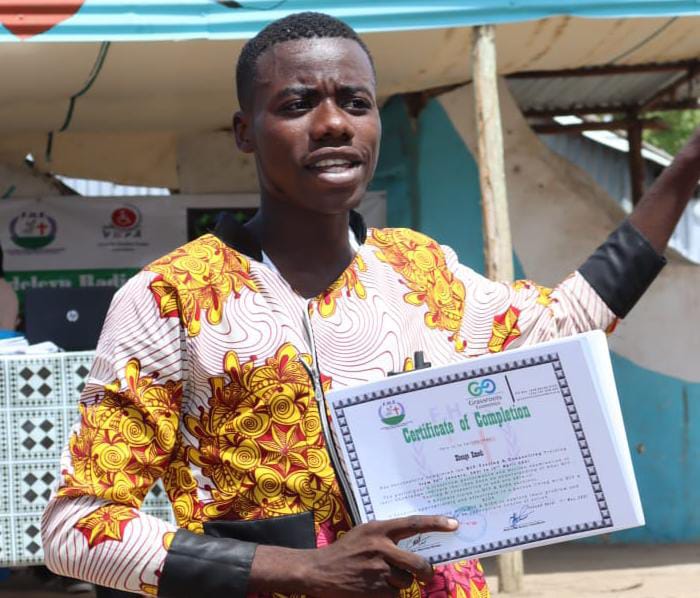
Marcelin munga petro marcello
CEO at Farming and Health Education
Congolese
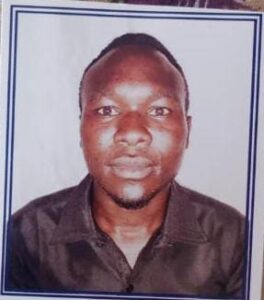
Titus Gabriel Tutu
FHE Centre Admin
Sudanese
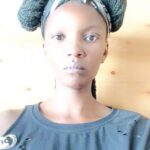
Ashura kashinde
FHE Educational officer
Rwanda
Contacts
TEL/WhatsApp: +254700139636
TEL/ WhatsApp: +254742161921
Email: farmeduction.org1@gmail.com
marcelinmunga19@gmail.com
Address: KENYA-TURKANA WEST SUB-COUNTRY, KAKUMA REFUGEES CAMP, KAKUMA 2, ZONE1, BLOCK9
About
MOTTO: Care for the planet care for people
VISION: To live without poverty and Promoting health, food security inside the Kakuma refugee camp.

